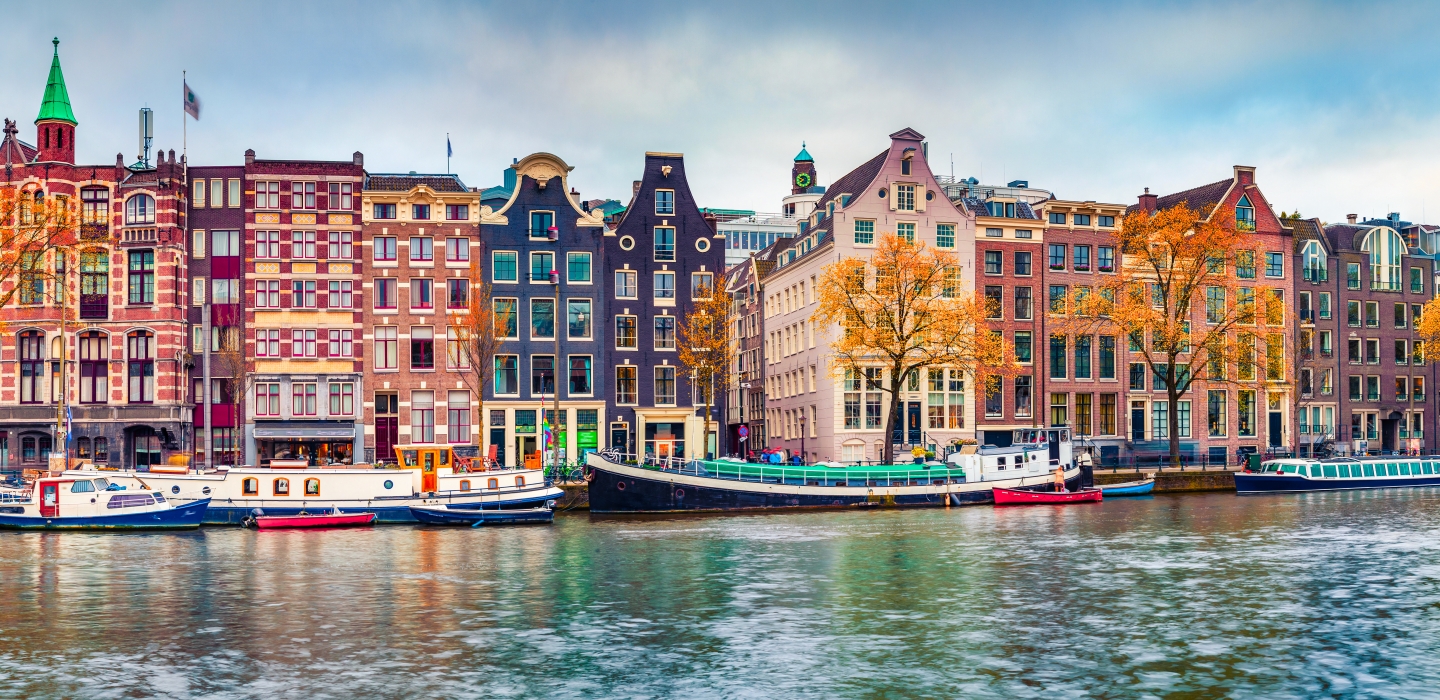With African and Asia becoming an increasingly important trading area for Dutch exports, the Bank of Credit and Commerce International (BCCI) opened a branch in Amsterdam to handle the foreign trade business with the Netherland handled by the BCCI network.
Country information
The Netherlands, also known as Holland, officially the Kingdom of the Netherlands, a country located in northwestern Europe, was bounded by Germany to the east, and Belgium to the south and the North Sea to the north and west. The North Sea connected to the Atlantic Ocean through the English Channel in the south and the Norwegian Sea in the north.
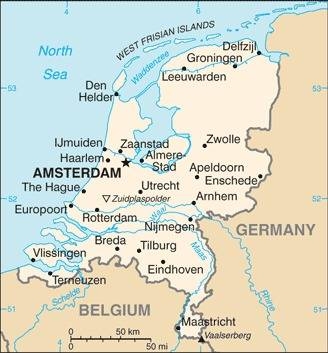
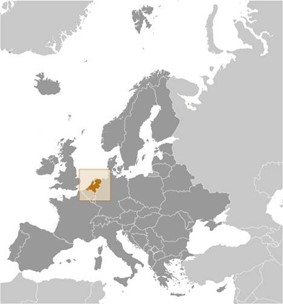
Amsterdam was the capital of the Netherlands and the largest city, however The Hague was the seat of government.

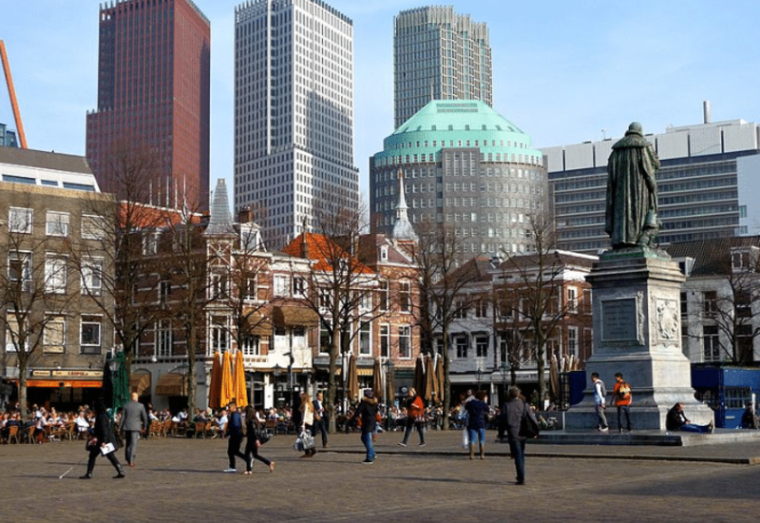
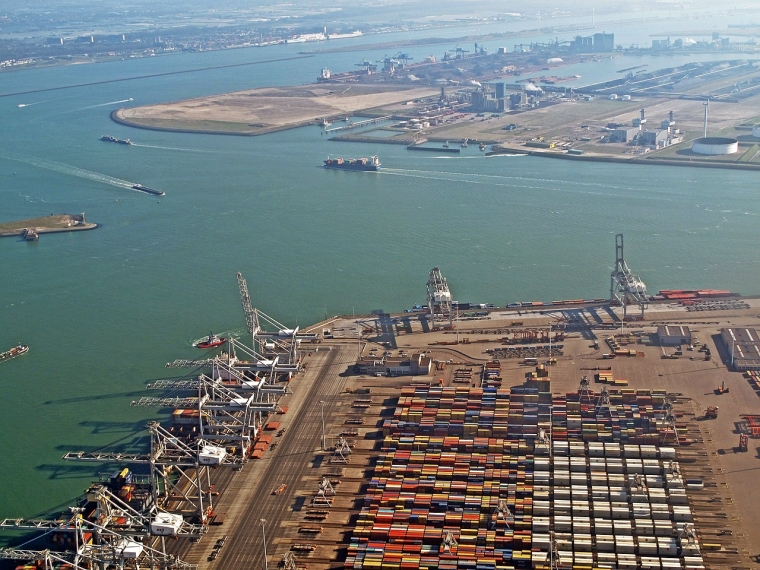
The territory of the Netherlands extended to its former colonies, the Netherland Antilles and Aruba, islands in the Caribbean Sea, located in the tropical zone of the Atlantic Ocean. The sea extended to the coasts of Central and South America in the south and west, and of the Caribbean Island in the north and east.
.jpg)
History
The Netherlands was originally inhabited by Germanic tribes that once occupied Northwestern and Central Europe and Scandinavia.
A portion of the land became a Roman province that was conquered by the Roman Emperor, Julius Caesar, in the first century BC.
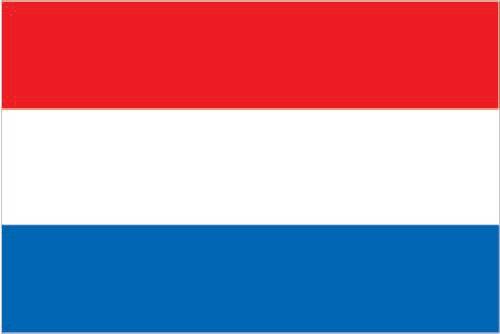 In the 16th Century the land came under Spanish Rule. The Dutch revolted and declared their independence from Spain in 1579. The Republic of the United Netherlands was formed in 1581, with a parliamentary constitutional monarchy since 1848.
In the 16th Century the land came under Spanish Rule. The Dutch revolted and declared their independence from Spain in 1579. The Republic of the United Netherlands was formed in 1581, with a parliamentary constitutional monarchy since 1848.
During the 17th century the Netherlands, commonly the Dutch) became a leading naval and commercial power and colonised many parts of the world - from America to Asia and Africa to South America; they also occupied many African countries.
In later years, the Dutch power declined when the Netherlands lost many of its colonial possessions, as well as its global power status, to the British. Wars with Spain, France, and England had weakened the country.
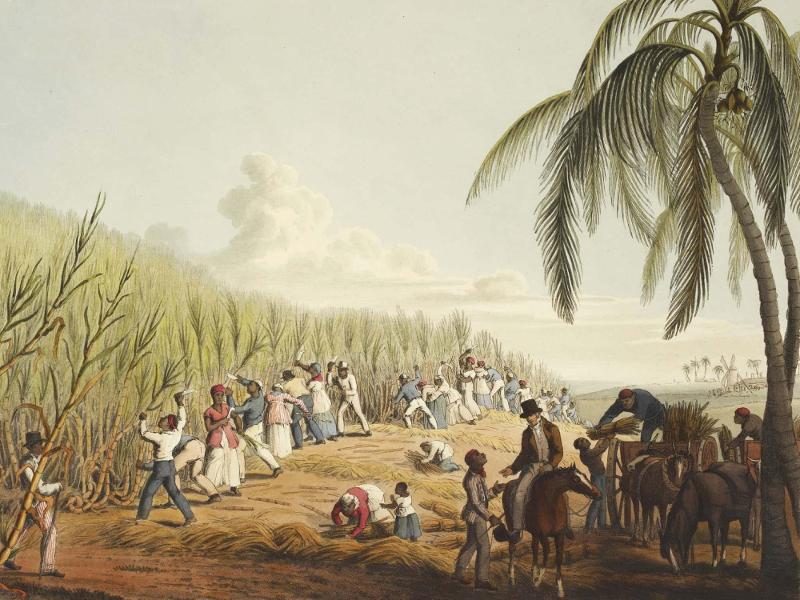
Like other European countries, the Dutch involved themselves in the transatlantic slave trade. Between 1596 and 1829 (over 200 years), the Dutch were reported to have transported about half a million Africans to its colonies, notably Suriname in Dutch Guiana, where they worked as slaves primarily on sugar plantations that generated enormous profits. As a result, the Dutch led the world in trade.
After World War II, the Netherland colonies were granted independence, except for Netherlands Antilles (Suriname) and Aruba in the Caribbean Sea.
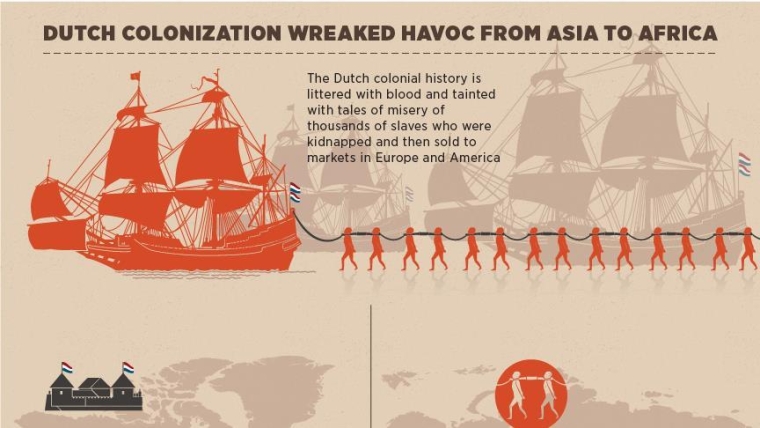
Population and language
In the mid-1980s when the Bank of Credit and Commerce International (BCCI) was established in the Netherlands, the country’s population was around 14.5 million. The majority were Dutch, with a small number of im-migrants that included from Suriname (Dutch Guiana), and Indonesia.
The official language of the Netherlands proper was Dutch, while English, French, and German were widely understood.
The official languages in the Netherlands Caribbean territories were Dutch, English and Papiamento (Creole based principally on Spanish and Portu-guese).
Economy and foreign trade
Even with the loss of most of its colonies and despite the country’s modest size, the Netherlands, the Dutch economy was one of the largest in the world.
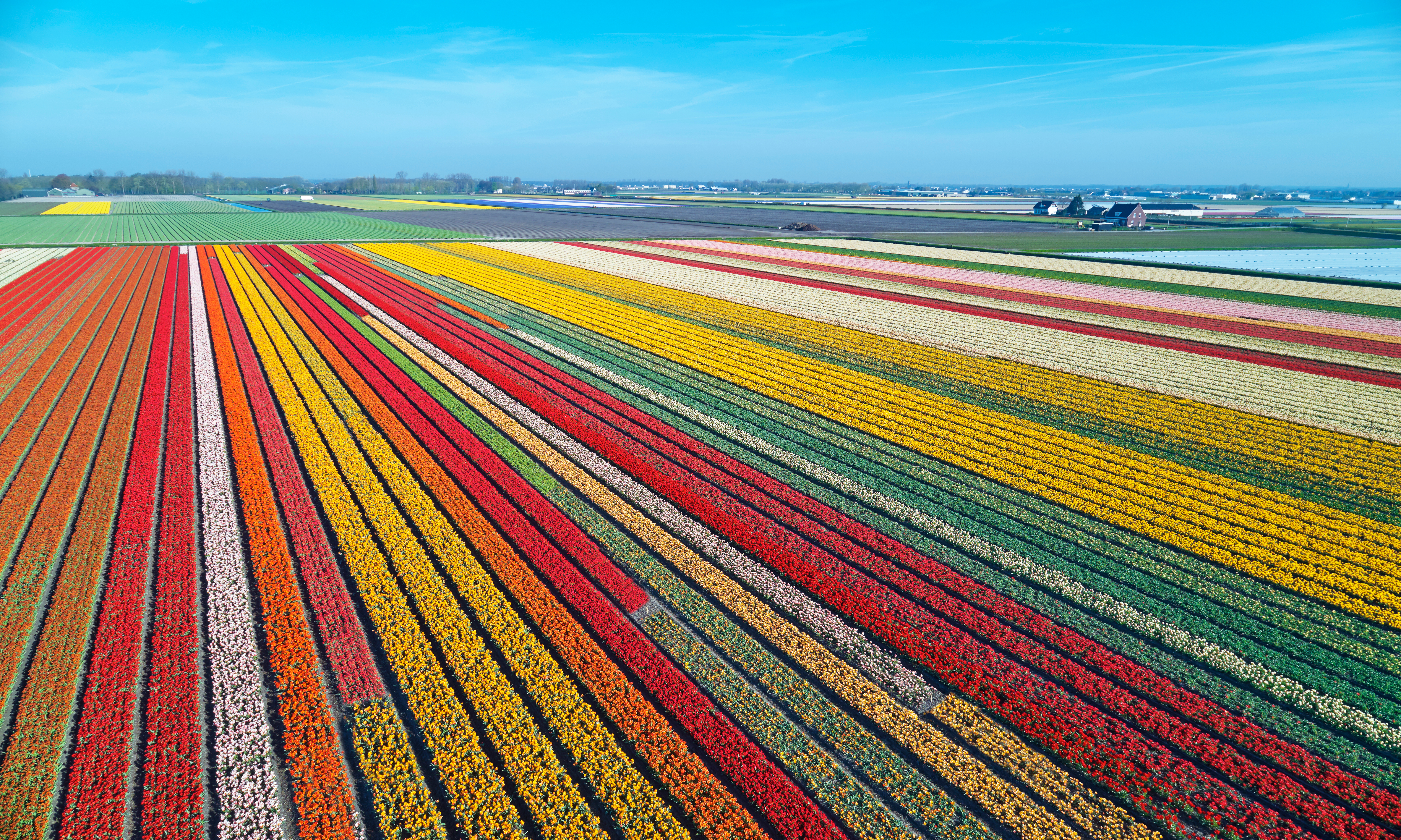
The Netherlands was the world's main producer of commercial tulip plants, with as many as three billion bulbs annually, the majority were exported.
After the Second World War (1939-1945), the Netherlands developed into a highly industrialised country, with a significant involvement in such fields as transportation, heavy industry and resource extraction following discovery of natural gas in 1959.
Foreign trade in 1980s:
Main exports: agricultural food products, petroleum gas, chemical products, machinery and transport vehicles.
Main imports: crude petroleum, refined petroleum, and equipment.
BCCI in The Netherlands

With African and Asia becoming an increasingly important trading area for Dutch exports, the Bank of Credit and Commerce International (BCCI) opened a branch in Amsterdam in the mid-1980s.
The Netherlands was important to the foreign trade business with the Netherland handled by the BCCI network.
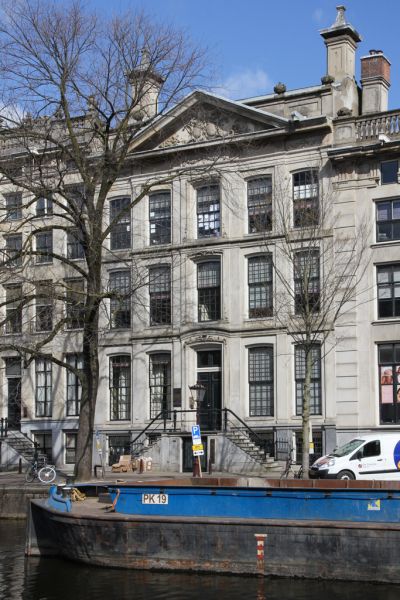
The branch was located at:
493 Herengracht
P0. Box 15162
1016 BT Amsterdam
Telephone: (3120) 263 125
Fax: (3120) 250 801
Telex: 13136 BCC AMNL / 13149 BCC AMNL
Japan and China where BCCI had a strong presence, exported large quantities of machinery and transport vehicles to the European continent via the Netherlands.
The Amsterdam branch was equally important to BCCI branches in other countries to generate foreign trade business associated with the Netherlands.
Apart from developing grass root business and client relationships in the Netherlands, members of the branch participated in the special marketing drive termed External Market Place (EMP) to also generate international business from the head offices of the local Dutch banks in Amsterdam for the benefit of BCCI branches outside the Netherlands.
BCCI closure
On 5 July 1991 the Bank of England and other regulators in the west de-cided to freeze BCCI Group's assets and abruptly shut down BCCI's oper-ations worldwide.
The priority of the governments and central banks in some countries was to protect their people and the local operations of BCCI continued in a different name after the assets and liabilities were acquired by private in-vestors or another bank.
BCCI branch in Netherlands was closed and placed in liquidation. No further information is available.
The BCCI Group majority shareholders considered the abrupt action by western central banks to shut down BCCI in 1991 was unjustified when they already had detailed discussions with the Bank of England and other regulators on a restructuring plan and would have injected further capital, if required.
In a 24-page report not made public but sent to some 60 central bankers worldwide, the United Nations Center on Transnational Corporations said that by simply shutting down the 70-nation banking network that financed international trade of $18 billion a year, the economic damage fell hard-est on countries like Nigeria, Bangladesh and Zambia, where B.C.C.I. was an important institution. (New York Times, Feb 5, 1992)
Also read:
Internet links:

